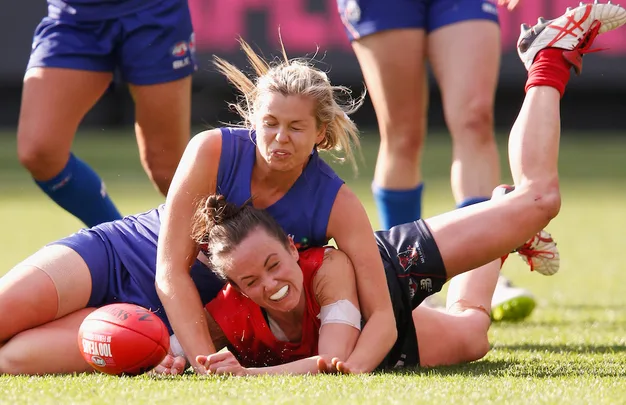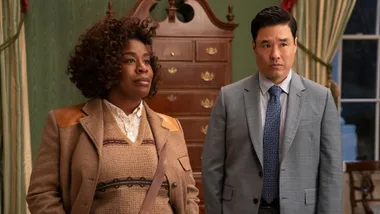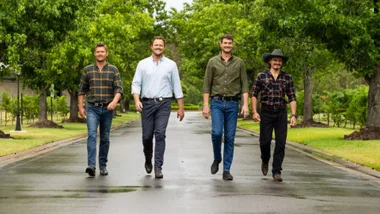Like many Australians, I’ll spend this weekend glued to the television, watching to see whether the Cronulla Sharks will win their first premiership in their 50-year history in Rugby League on Sunday, or whether my beloved Sydney Swans can upset the Western Bulldogs, who are in the grand final for the first time in 55 years.
No matter who wins, the weekend will still be historic.
Next year, the AFL will launch a national women’s league, which means that this weekend’s game is the end of the an era; it will be the last match in the last season where professional football is only for men.
And it’s about time.
Sometimes I wonder if we’ll look back on society’s obsession with men’s sports as hopelessly outdated. Will we remember the way we all turned up to and cheered on men’s sports matches, and rarely women’s, as laughably antiquated – a little like smoking on aeroplanes or life before the internet?
Will history judge us because in 2016 male cricketers and footy players were national celebrities, but few Australians could name the captain of the women’s cricket team?
Because although sexism and gender diversity have rightly started to receive plenty of attention in other parts of our lives – at work, in leadership, in politics and entertainment – sport has remained relatively backwards. It’s hard to believe that until recently, in the country’s biggest sporting codes (including cricket and rugby) there have been few opportunities – if any – for women to be paid to play. On our TVs, in our newspapers, and in our stadiums, men have dominated our sporting culture for over a century.
Fortunately, the last two years have brought big changes.
Last summer, Cricket Australia launched the Women’s Big Bash League (WBBL), a domestic women’s 20-over a side competition. It was an immediate hit. In fact, higher-than-expected ratings even prompted broadcaster Channel 10 to move some of the games from their secondary digital channels on to their main channel. It even out-rated some men’s A-League soccer matches.
Women’s football has also drawn large audiences. Throughout 2016, women’s AFL teams played a number of exhibition matches, culminating in an all-star game in early September. The game was a ratings smash, with the highest average audience in Melbourne of any game – men’s or women’s – during the 2016 AFL season.
The good news keeps coming. In the past few months, professional netballers have seen their average pay double from a paltry $22,500 per season to $67,500. And, after the women’s Rugby Sevens’ historic gold medal win in Rio, the Australian Rugby Union has announced it will launch a full-time professional domestic women’s sevens competition in 2017.
Despite all the progress, there are still challenges. Female athletes aren’t paid anywhere near as much as the men. Of the 50 highest-paid athletes in Australia, just two are women, according to BRW.
And, under an early AFL pay proposal, female players will receive $5,000 to $25,000 per season, whereas even the most junior male player, who cannot play senior games, receives $57,100 a season. In reality, most female AFL players will receive $5,000 – a laughably small amount compared to the average men’s salary of $302,104.
One of the oft-heard justifications given for the low pay rates is that no one knows how popular a women’s league will be – yet all the early signs have suggested that when women’s sport is on TV, people will watch. Just look at the Women’s BBL and the women’s AFL games. Besides, you could argue that it’s chicken and egg; making sure female athletes are paid fairly, and able to devote enough time to their sport, is essential to the long-term success of these new competitions.
I’m about to give birth to my first child – a little girl. I’m so excited to be able to share my love of football with her, to be able to tell her that if she wants, she, too, can dream of being professional football player or cricketer. She will grow up watching women playing professional cricket, football and netball on TV. We still have a long way to go, but that’s a pretty great start.
 Getty
Getty









